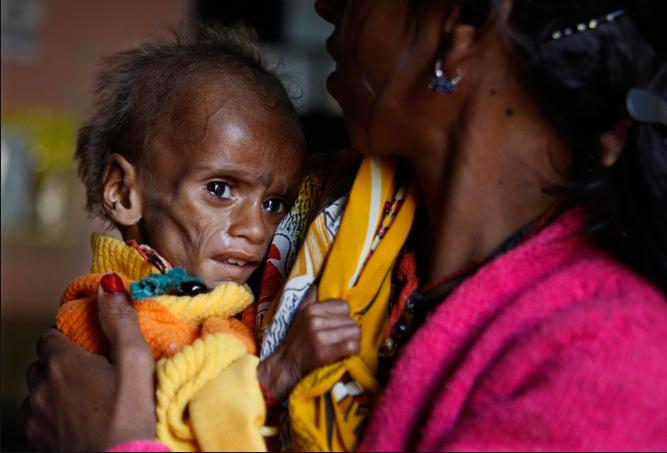What we call in a sophisticated way as fraud, as per the IPC is 'cheating'.
However, not to offend the sensibilities of the educated Indian,I shall use the word 'fraud'.
Some of India's notable financial frauds include:
Satyam (Ramalinga Raju), fraud - INR 7,000 cr
Status - Conviction of 7 yeras and now free
Grow More (Harshad Mehta, now deceased), fraud - INR 250 cr
Status - Conviction of 5 years
Indian Bank (M.Gopalkrishnan), fraud - Upto INR 1000 cr.
Status: Conviction of 3 years (in jail presently)
Kingfisher Airlines (Vijay Mallya), fraud - INR 9000 cr.
Status - Unconvicted as yet & free
Firestar Diamonds (Nirav Modi), fraud - INR 11,400 cr.
Status - Unconvicted and free
Saradha Group (Sudipta Sen), fraud - INR 25,000 cr
Status - Unconvicted s yet
Rose Valley Group (Gautam Kundu), fraud - INR 60,000 cr
Status - Unconvicted as yet

Inspite of the combined efforts of the authorities of the likes of SEBI, Enforcement Direcotrate, Serious Fraud Investigation Office and their likes, this is all that the Indian state has achieved towards mitigating justice to the 'aam aadmi' (aka the common man).
Now contrast the Global key financial frauds, how exemplary justice has been delivered, in keeping with the philosophy of 'justice delayed is justice denied':
BLMIS LLC (Barnie Madoff), fraud - USD 50 bn
Status - Conviction of 150 years!
Enron (Kenneth Lay), fraud - USD 62 bn
Status - Conviction of 45 years
Enron (Jeffrey Skilling), fraud - USD 62 bn
Status - Conviction of 24 years
ZZZZ Best (barry Minkow), fraud - USD 500 mn
Status - Conviction of 24 years
TYCO (Dennis Kozlowski), fraud - USD 100 mn
Status - Conviction of 25 years
Barrings Bank (Nick Leeson), fraud - USD 882 mn
Status - Conviction of 7 years
Societe Generale (Jerome Kerviel), fraud - USD 7 bn
Status - Conviction of 3 years
As per section 167 of the criminal procedure code, if an accused is arrested for financial fraud, in India, and the charge sheet is not filed within 99 days, then he or she is entitled to statutory bail!!! It is no secret that the high and mighty can hire influential lawyers who can ensure that bit of 'necessary' delay (in filing of the charge sheet) so that the statutory bail can be got.
***
Disclaimer:
My writings have no pretensions - neither to infallibility. nor to omniscience.
There may well be facts that I could be unaware of, that could undermine or even discredit some of my arguments.



